Do you want to build and deploy deep learning models in Java and Scala? DL4J provides a comprehensive set of tools and libraries for that. To brief, DL4J is developed by Skymind, a leading artificial intelligence company.
According to a recent report by Allied Market Research, the global deep learning market size is expected to reach $56.42 billion by 2030.
It is growing at a compound annual growth rate (CAGR) of 35.2% from 2021 to 2030. (Source: Allied Market Research, "Deep Learning Market by Architecture, Application, and Industry Vertical: Global Opportunity Analysis and Industry Forecast, 2021–2030")
So it's more than important to excel at deep learning modules.
With DL4J’s ability to handle a wide range of deep learning tasks, including computer vision, natural language processing, and predictive analytics.
DL4J has become an attractive choice for businesses and organizations seeking to leverage the power of deep learning.
In this article, we'll take you through a journey of DL4J and explore why it's become such a crucial tool in the field of artificial intelligence.
What is Deep Learning?
Deep learning is a subset of machine learning that focuses on training artificial neural networks to mimic the way the human brain works.
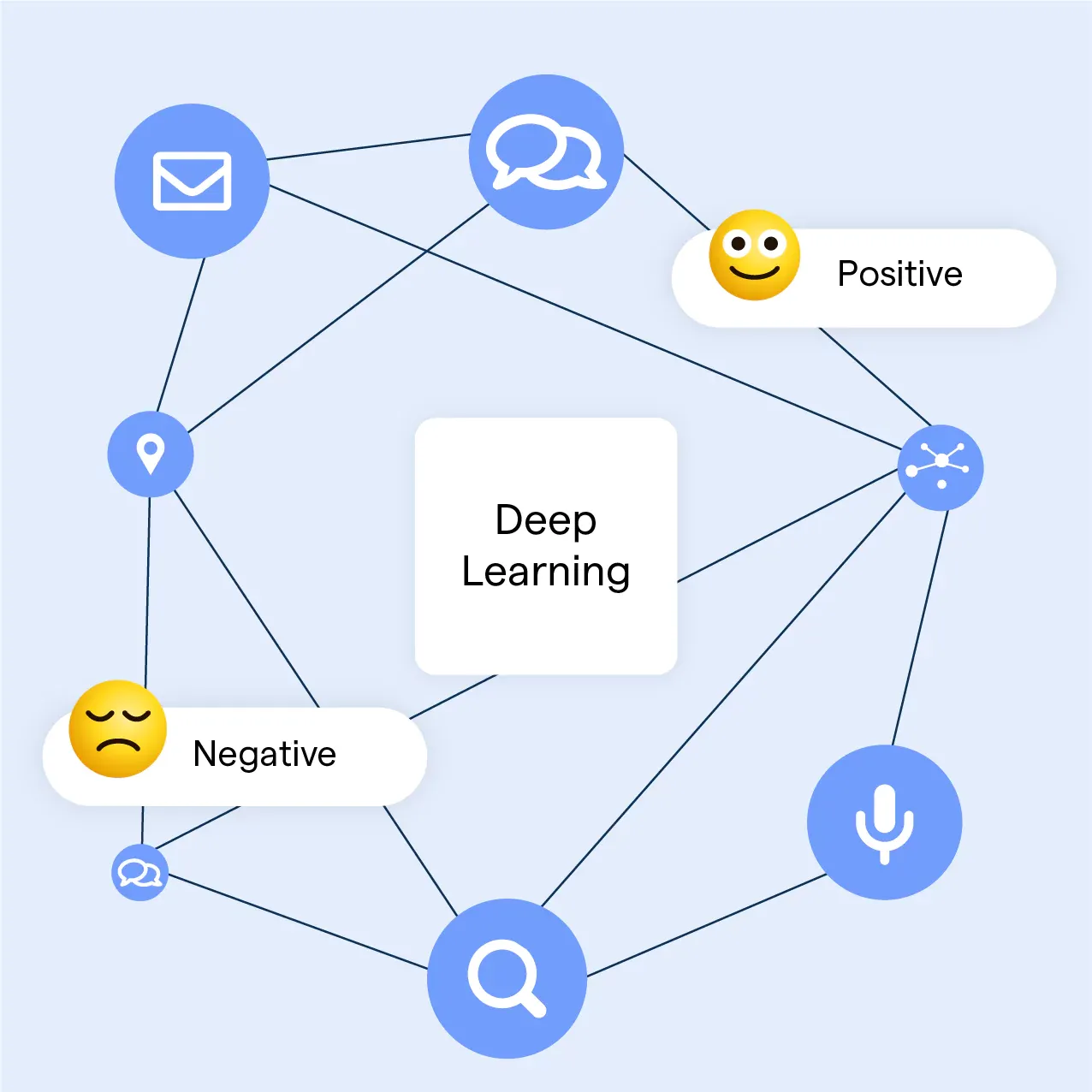
These neural networks are composed of interconnected layers of nodes (also known as artificial neurons), each responsible for processing and transforming data.
How Deep Learning is Different
Deep learning differs from traditional machine learning in several ways.
Unlike traditional machine learning algorithms that rely on explicitly defined features, deep learning algorithms extract and learn features automatically from raw data.
This means that deep learning models can handle more complex and unstructured data types, such as images, audio, and text, without extensive preprocessing.
Advantages of DL4J
DL4J boasts several advantages that make it an attractive choice for deep learning enthusiasts:
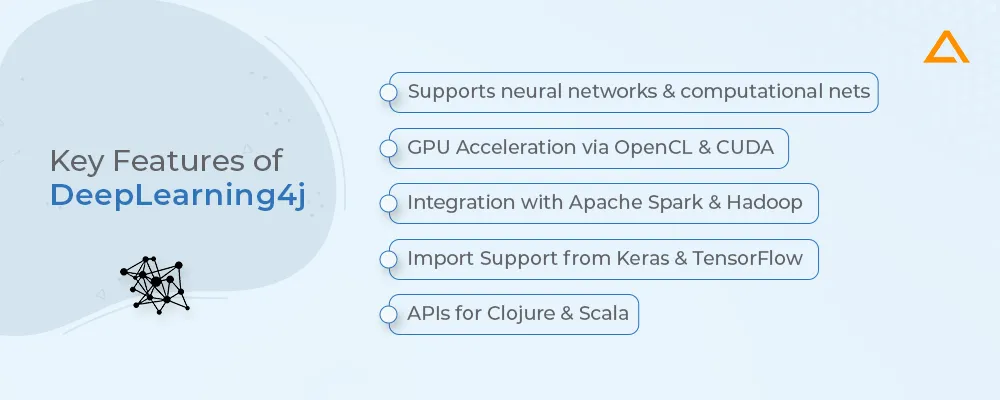
Java Focused: Being built exclusively for Java, DL4J provides a comfortable environment for Java developers to build, train, and deploy deep learning models.
Its compatibility with other Java libraries and frameworks makes it a convenient choice for integrating deep learning into existing Java projects.
Scalability: DL4J is known for its scalability, allowing developers to distribute training across multiple machines and process large amounts of data efficiently.
This scalability makes it suitable for both small projects and large-scale enterprise applications.
Versatility: DL4J's versatility shines through its support for various neural network architectures and training algorithms.
From convolutional neural networks (CNNs) for image analysis to recurrent neural networks (RNNs) for sequential data processing, DL4J covers a wide range of deep learning use cases.
Strong Community Support: DL4J benefits from an active and supportive community of developers who contribute to its improvement and share their knowledge.
This vibrant community ensures that developers can find helpful resources, receive quick assistance, and stay up-to-date with the latest advancements in deep learning.
DL4J Architecture
DL4J (Deeplearning4j) has an impressive architecture that enables its powerful deep learning capabilities.
Let's take a closer look at how DL4J works and understand the mechanics behind its magic.
How DL4J Works
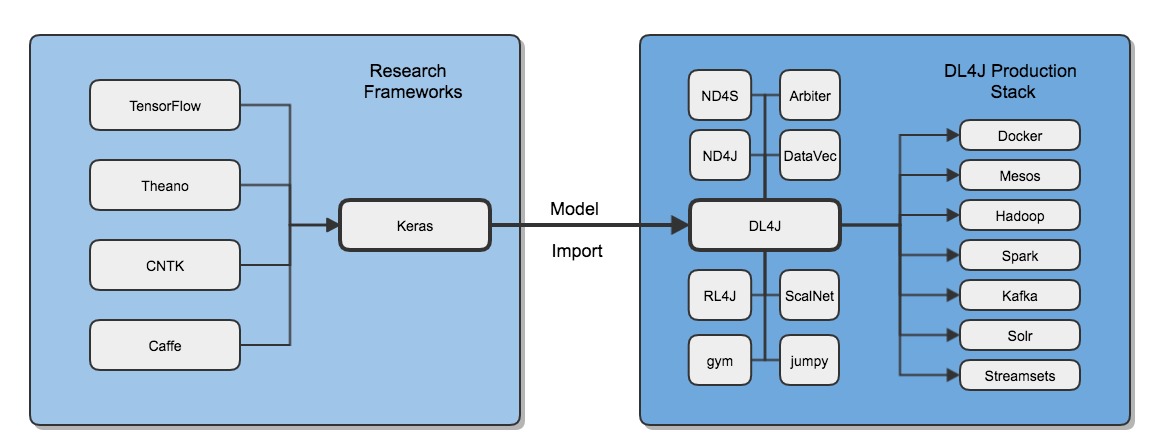
DL4J follows a layered architecture that leverages the concept of neural networks. At its core, DL4J consists of interconnected layers of nodes known as artificial neurons.
These neurons receive input data, perform calculations, and pass on the transformed data to the next layer.
DL4J supports various types of neural networks, including convolutional neural networks (CNNs), recurrent neural networks (RNNs), and feedforward neural networks.
Each network type is designed to handle specific types of data and solve different kinds of problems.
DL4J provides a rich set of functionalities for building, training, and deploying deep learning models.
Developers can define the architecture of neural networks, specify activation functions, configure optimization algorithms, and tune hyperparameters for training the models.
DL4J Use Cases
DL4J's versatility opens up a vast range of applications across several industries. Let's explore some of the use cases where DL4J is making waves!
Finance
In the finance industry, DL4J is playing a crucial role in detecting fraud, predicting market trends, and optimizing investment strategies. Here are some notable use cases:
Fraud Detection
DL4J has the ability to process vast amounts of financial data and identify fraudulent activities in real-time.
By training deep learning models on historical transactional data, DL4J can detect anomalies and patterns indicative of fraud, helping financial institutions protect their customers and assets.
Stock Market Prediction
DL4J's predictive capabilities have been harnessed to analyze market data and forecast stock prices.
By training deep learning models on historical market trends, DL4J can identify patterns and provide insights to aid in making informed investment decisions.
Retail
DL4J is transforming the retail industry by enabling personalized recommendations, demand forecasting, and customer sentiment analysis. Check out these use cases:
Personalized Recommendations
DL4J has been employed to develop recommendation systems that personalize product suggestions to individual customers.
By analyzing past purchasing behavior and user preferences, DL4J can provide targeted recommendations, improving customer satisfaction and driving sales.
Sentiment Analysis
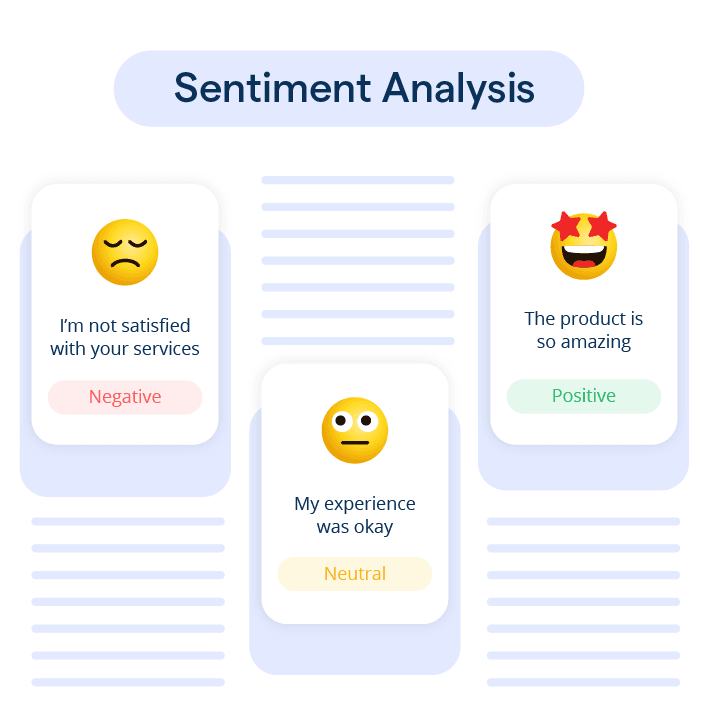
By training deep learning models on social media data, DL4J can analyze customer sentiments and opinions.
This information can help retailers gain insights into customer preferences, assess product feedback, and make strategic marketing decisions.
Healthcare
DL4J is revolutionizing healthcare by enabling advanced analysis of medical data. Thus accelerating disease diagnosis, and improving patient outcomes.
By training deep learning models on large medical datasets, DL4J has been instrumental in several use cases:
Medical Image Analysis
DL4J has empowered medical professionals to analyze medical images, such as X-rays, CT scans, and MRI scans.
From identifying tumors to detecting abnormalities in organs, DL4J's image recognition capabilities have proven to be game-changers in radiology and diagnostic imaging.
Suggested Reading:
Comparing DL4J with Other Deep Learning Frameworks
Disease Prediction
DL4J has been utilized to develop predictive models that can identify patterns and predict diseases based on patient data.
By analyzing a combination of factors, including medical history, genetic information, and lifestyle habits, DL4J can provide valuable insights to aid in early detection and proactive healthcare.
Manufacturing
DL4J's powerful capabilities are also making a big impact on the manufacturing industry. Let's explore some of the ways DL4J is being used in manufacturing:
Quality Control
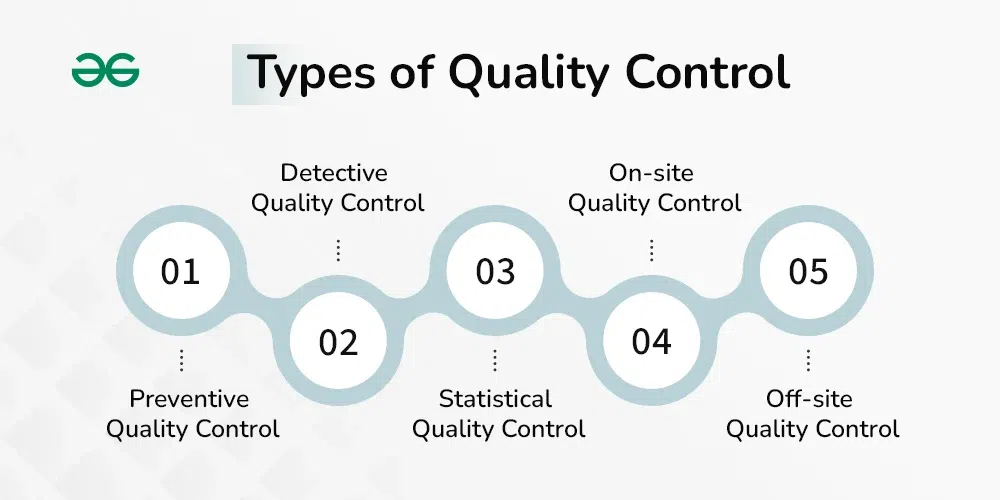
DL4J has been used to develop quality control systems that can analyze sensor data from manufacturing processes and identify defects or anomalies.
By training deep learning models on historical data, DL4J can identify patterns associated with quality issues. Thus allowing manufacturers to improve their processes and product quality.
Predictive Maintenance
By analyzing sensor data and historical maintenance records, DL4J can predict when equipment or machinery is likely to fail.
This proactive approach to maintenance helps manufacturers avoid costly downtime and optimize their maintenance schedules.
Applications of DL4J
DL4J (Deeplearning4j) has a wide array of applications that showcase its versatility and effectiveness in solving complex problems.
Let's dive into some of the exciting applications of DL4J and explore how it is revolutionizing various industries.
Image Recognition

DL4J is truly a superstar when it comes to image recognition tasks.
By leveraging deep learning algorithms, DL4J can analyze images, identify objects, and even understand the context within an image. Here's a glimpse of DL4J in image recognition:
Object Classification
DL4J can classify objects within images by training on large datasets of labeled images.
Whether it's recognizing different breeds of dogs or identifying specific landmarks, DL4J's image classification capabilities are remarkably accurate.
Object Detection
DL4J can also detect and locate specific objects within an image.
From finding faces in a group photo to identifying street signs in a cityscape, DL4J's object detection capabilities are impressive.
Natural Language Processing

DL4J's deep learning capabilities extend to the natural language processing (NLP) as well.
By training on extensive textual data, DL4J can understand and analyze human language in a meaningful way. Here's how DL4J is transforming NLP:
Sentiment Analysis
DL4J can determine the sentiment, tone, and emotion behind text. This helps businesses gauge customer feedback, evaluate public opinion, and make data-driven decisions.
From analyzing social media posts to assessing customer reviews, DL4J's sentiment analysis is a game-changer.
Language Translation
DL4J can also be harnessed for language translation tasks, bridging linguistic barriers between people.
By training on multilingual text data, DL4J can learn the intricacies of different languages and facilitate seamless communication across borders.
Fraud Detection
Fraudsters, beware! DL4J is out to catch you red-handed. With its robust deep learning algorithms, DL4J is an excellent tool for detecting fraudulent activities in various domains.
Let's take a peek at how DL4J is fighting against fraud:
Credit Card Fraud Detection
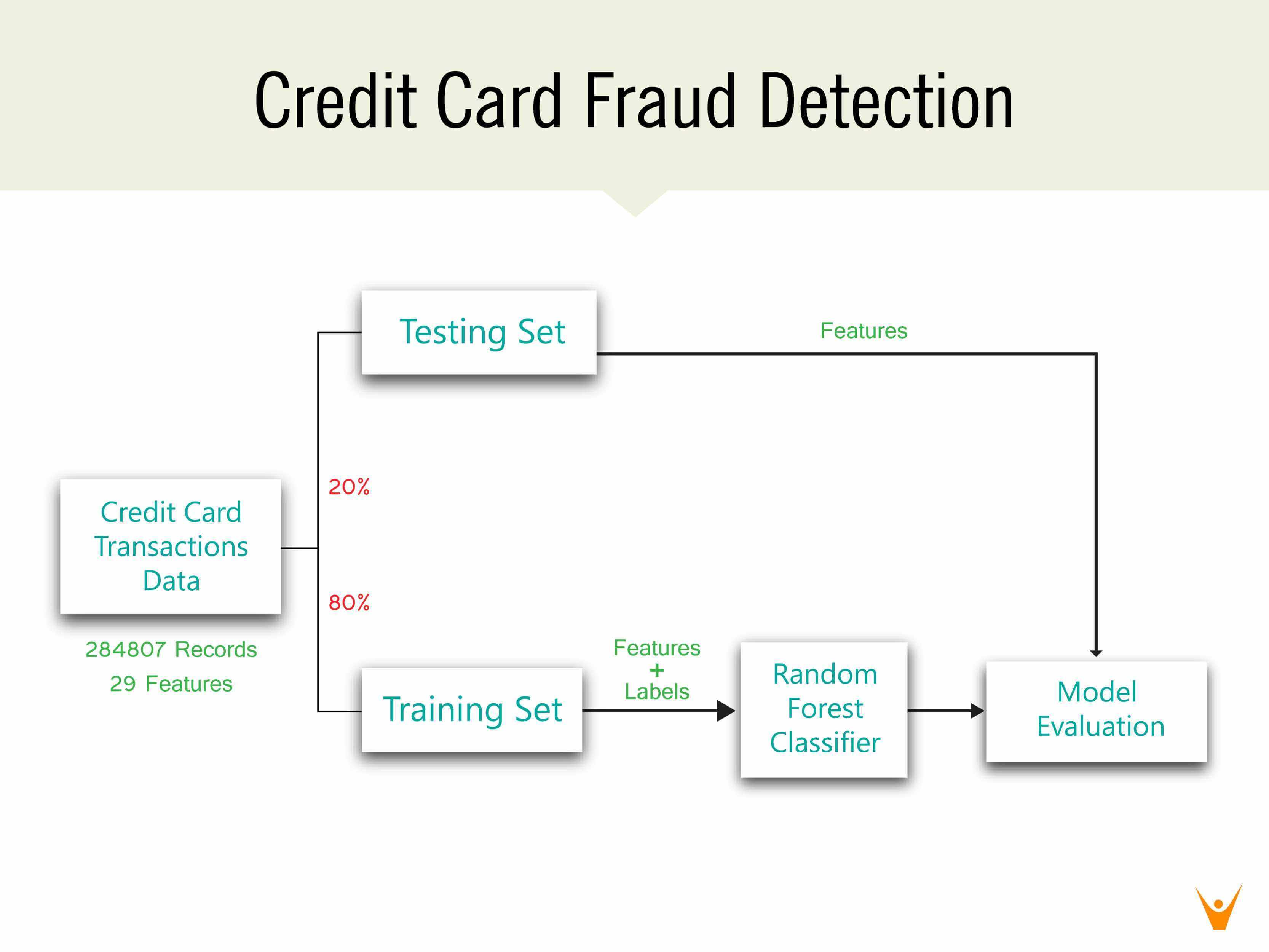
DL4J can analyze transactional data, identify unusual patterns, and detect credit card fraud in real-time.
By continuously learning from new data, DL4J can adapt to ever-evolving fraud techniques and help protect both consumers and businesses.
Identity Theft Detection
DL4J can analyze user data, such as behavioral patterns and biometric information, to detect identity theft.
By flagging suspicious activities and anomalies, DL4J enables early detection, allowing individuals and organizations to take appropriate action.
Predictive Maintenance
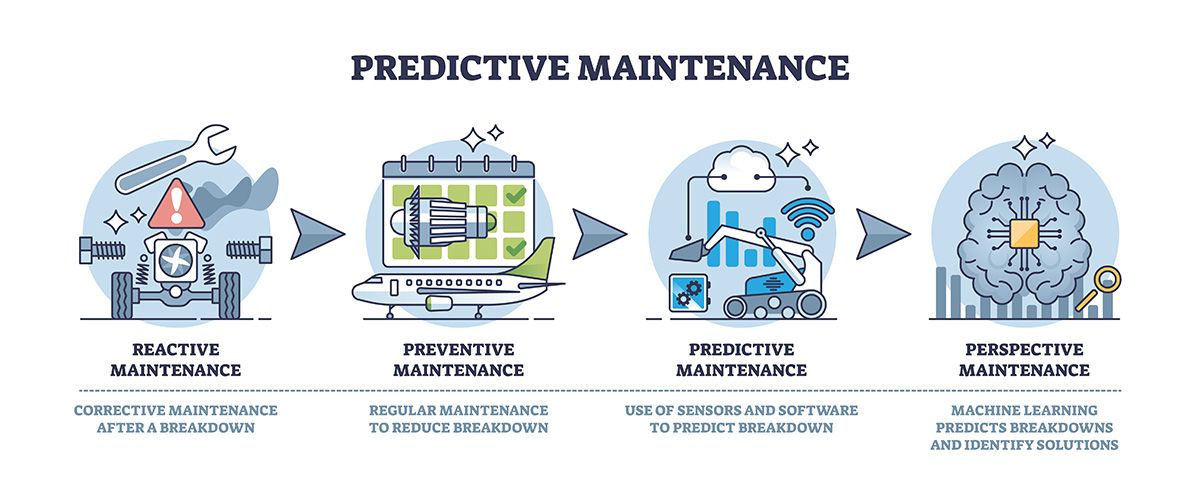
Say goodbye to unexpected equipment failures and costly downtime. DL4J is making predictive maintenance a reality by leveraging its deep learning prowess.
Here's how DL4J is optimizing maintenance processes:
Equipment Failure Prediction
DL4J can analyze sensor data, historical maintenance records, and other relevant data sources to predict when equipment is likely to fail.
By proactively scheduling maintenance based on these predictions, businesses can prevent costly breakdowns and maximize their operational efficiency.
Service Life Estimation
DL4J can estimate the remaining useful life of equipment based on ongoing monitoring and data analysis.
This enables businesses to optimize their maintenance schedules, reduce unnecessary maintenance costs, and extend the lifespan of their assets.
Conclusion
In conclusion, DL4J stands out as a robust and versatile deep learning framework that empowers developers to build and deploy sophisticated models with ease.
Its Java and Scala compatibility, combined with its extensive suite of tools and libraries, make it an ideal choice for organizations operating in diverse industries.
According to a recent survey by KDNuggets, a leading data science community, DL4J ranked among the top 5 deep learning frameworks preferred by data scientists and developers working on enterprise-level applications (Source: KDNuggets, "Data Scientists' Favorite Deep Learning Frameworks," 2023).
As the demand for deep learning solutions continues to surge, DL4J's role in enabling businesses to harness the power of artificial intelligence will become increasingly crucial.
With its active community support, continuous development, and a strong focus on performance and scalability, DL4J is well-positioned to drive innovation and unlock new possibilities in the field of deep learning.
Frequently Asked Questions (FAQs)
How is DL4J used in image recognition?
DL4J uses deep learning algorithms to analyze images, classify objects, and detect specific objects within an image.
What are some use cases of DL4J in image recognition?
DL4J is used in applications such as object classification, object detection, facial recognition, and landmark identification.
How does DL4J contribute to natural language processing?
DL4J leverages deep learning to perform tasks like sentiment analysis, language translation, and text generation in the field of natural language processing.
What are some real-world examples of DL4J in natural language processing?
DL4J is applied in sentiment analysis for social media monitoring and customer feedback analysis, as well as language translation for breaking down language barriers.
How does DL4J assist in fraud detection?
DL4J uses deep learning algorithms to analyze transaction data, detect anomalies, and flag potential fraud in real-time, protecting individuals and organizations from financial losses.

